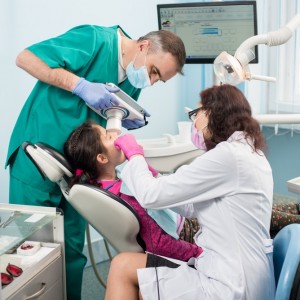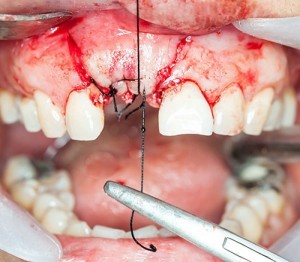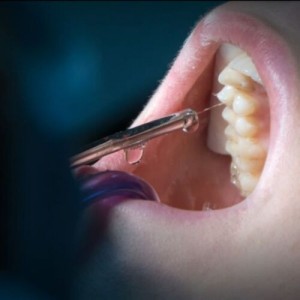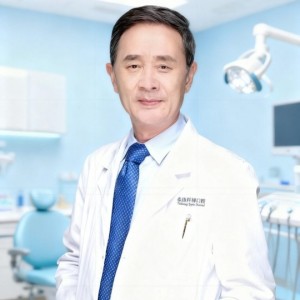
Using machine learning to study the association of sociodemographic indicators, biomarkers, and oral condition in older adults
Background
Chronic health conditions and socioeconomic problems that affect the well-being and life expectancy of older adults are common. The objective of this cross-sectional study was to analyze the association between sociodemographic variables, oral conditions, and general health and the biomarkers of older adults using machine learning (ML).
Methods
A total of 15,068 surveys from the national study of Health, Well-Being and Aging (Salud, Bienestar y Envejecimiento) data set were used for this secondary analysis. Of these, 3,128 people provided blood samples for the analysis of blood biomarkers. Sociodemographic, oral health, and general health variables were analyzed using ML and logistic regression.
Results
The results of clustering analysis showed that dyslipidemia was associated with poor oral condition, lower socioeconomic status, being female, and low education. The self-perception of oral health in older adults was not associated with the presence of teeth, blood biomarkers, or socioeconomic variables. However, the necessity of replacing a dental prosthesis was associated with the lowest self-perception of oral health. Edentulism was associated with being female, increased age, and smoking.
Conclusions
Socioeconomic and educational disparities, sex, and smoking are important factors for tooth loss and suboptimal blood biomarkers in older adults. ML is a powerful tool for identifying potential variables that may aid in the prevention of systemic and oral diseases in older adults, which would improve geriatric dentistry.
Practical implications
These findings can help the academic community identify critical sociodemographic and clinical factors that influence the process of healthy aging and serve as a useful guide to enhance health care policies and geriatric oral health care services.
Javier Enrique Botero et al. "Using machine learning to study the association of sociodemographic indicators, biomarkers, and oral condition in older adults in Colombia." JADA. August 2023. https://doi.org/10.1016/j.adaj.2023.04.017
 Related articles
Related articles
This longitudinal study examined if cognitive decline varies by birth cohort, and edentulism and nonuse of dental care predict cognitive decline.
The International Dental Federation (FDI) has produced a comprehensive white paper that provides a contemporaneous and state-of-the art overview of the situation as well as practical solutions for...
The aim of the study was to assess whether self-reported oral health and periodontitis in patients with ulcerative colitis and Crohn's disease differ from those in matched controls without...
The extraction of a dental element, in addition to having a direct impact on the quality of life, initiates a cascade of biological events resulting from alterations in the homeostasis and structural...
 Read more
Read more
Editorials 10 October 2025
With proud smiles and crisp white coats, ninety-three learners from the DDS Class of 2029 and the International Dentist Pathway Class of 2028 marked the start of their dental careers at the UCSF...
Periodontology 10 October 2025
Continuous professional development (CPD) in Periodontology refers to the overall framework of opportunities that facilitate a life-long learning practice, driven by the learner-practitioner and...
TheraBreath, the #1 alcohol-free mouthwash brand in the U.S.*, has introduced a new line of dentist-formulated, clinically tested toothpastes designed to support professional oral care...
News 10 October 2025
New officers and trustees were installed at the Minnesota Dental Association’s Leadership Conference on September 19 in Minneapolis.
News 10 October 2025
Smartee Denti-Technology today announced that Professor Gang Shen, its Chief Scientist and Executive President of TaiKang ByBo Dental, has once again been named to the World’s Top 2% Scientists...















